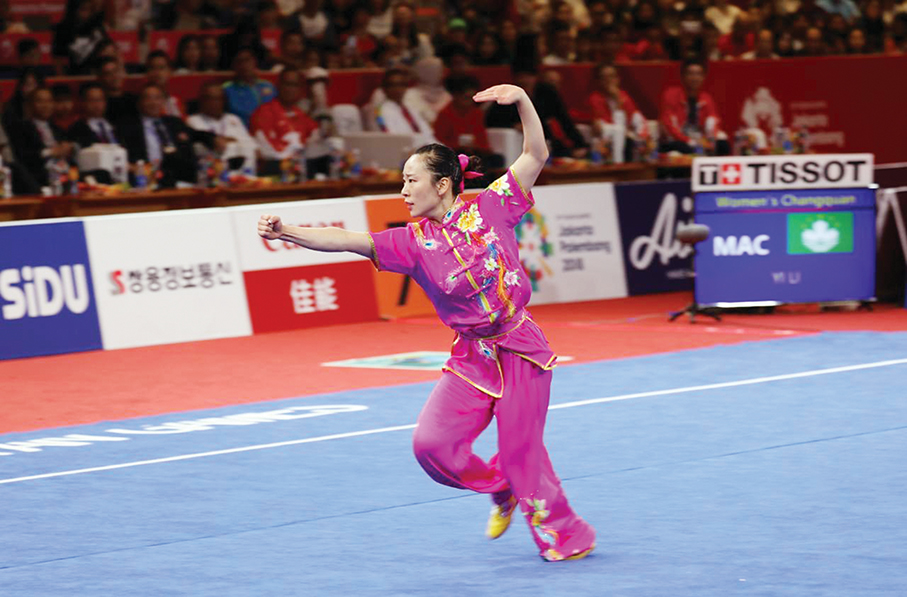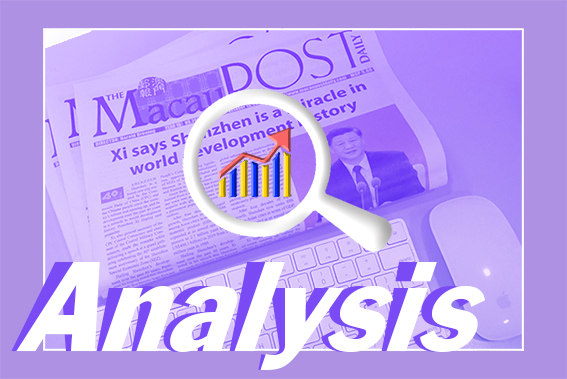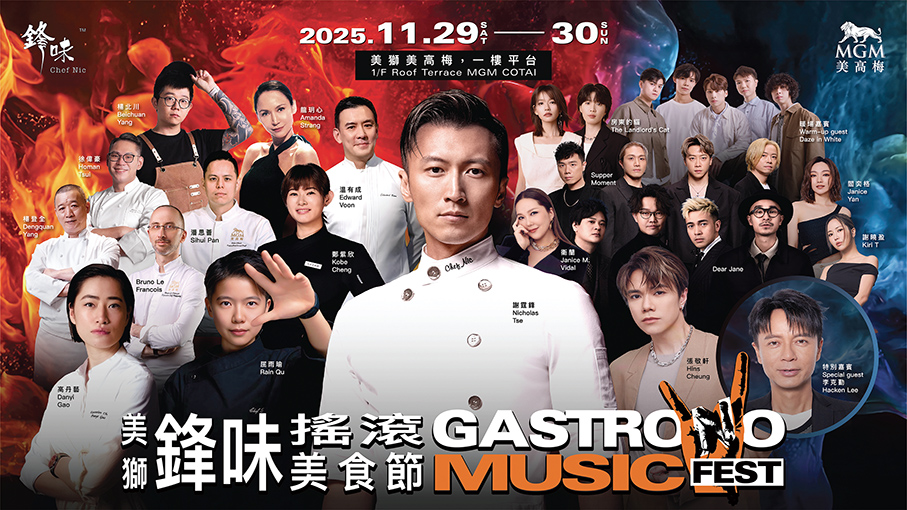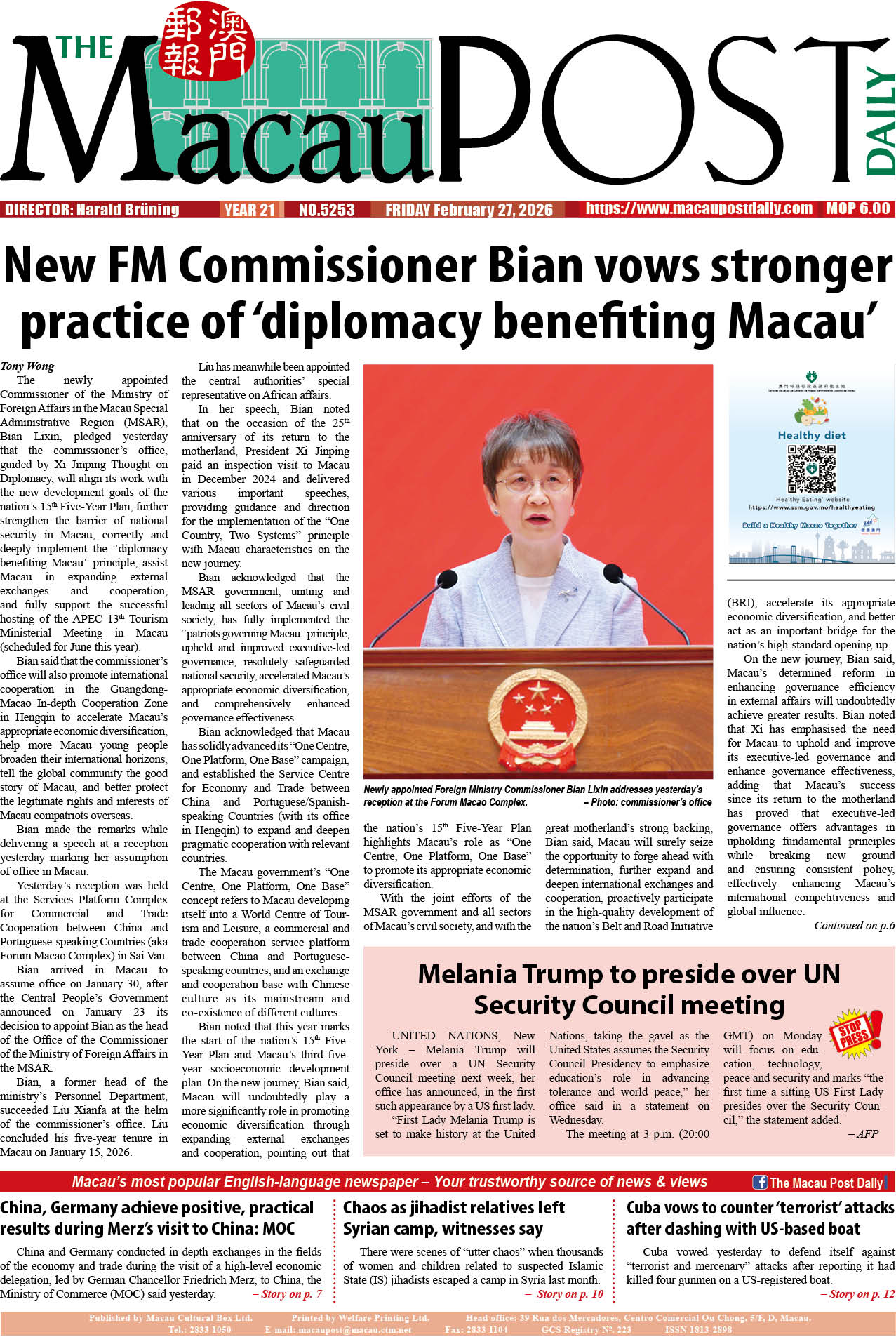Interview and news feature by Yuki Lei
As the saying goes, “One second of glory on stage, 10 years of hard work off the stage”, every move needs to be polished after a long period of training before being presented to the audience.
Local martial arts, aka wushu in Chinese, practitioner Li Yi won the first two gold medals in the history of Macau at the 2017 Summer Universiade in Taipei and represented Macau at three Asian Games, winning one gold and two silver medals, making her Macau’s first ever gold medallist at the Asian Games. Recently, she spoke with the Post about her journey in martial arts and her vision for the future.
Wushu is a traditional Chinese sport that is based on techniques and combat aiming to enhance physical fitness and cultivate the will through sets, fights and other forms of exercise.
Macau has been actively developing its sports industry in recent years. It has continued to organise high-level international large-scale sporting events, create sports brand events with local characteristics, and endeavour to transform Macau into a “City of Sports”. Through the organisation of diversified public sporting activities, the government has cultivated the public’s interest in, and habit of, sport and promoted the development of sport as well as the nurturing of talents.
In order to promote the government’s appropriate economic diversification through development of key industries, i.e., namely 1) big health mainly driven by traditional Chinese medicine (TCM), 2) modern finance, 3) high-tech, and 4) MICE and commerce as well as culture and sports, Macau has launched the “Programme for Talents in Culture, Sports and Other Industries” to attract “talents” in culture, sport and other industries required for the appropriate diversification of Macau’s economy, enhancing the overall population’s livelihood, technological capability and competitiveness.
Li started to learn wushu at the age of eight because it is a dynamic sport that suits her personality, she told the Post during last Wednesday’s interview via WeChat. As the first female gold medallist from Macau at the Asian Games, she looked back on her jealousy when she first joined the training team, as she was envious of the medals her senior male and female fellow wushu practitioners had won, which inspired her to persevere and work hard.
It must have taken a lot of hard work for her to achieve such a good result in the sport. Talking about the competition process, Li said that before she won the gold medal, she had faced many losses and injuries, especially during the high-intensity training before the competitions, and these challenges taught her how to adjust her mental state, engage in positive self-talk and maintain a positive emotional impact. In terms of preparing herself for the competitions, Li spoke about her training habits and emphasised the importance of maintaining a constant state of athleticism. Although she has announced her retirement from martial arts, she does not rule out the possibility of returning to competition in the future. However, she does take into account her former physical injuries and the competitiveness of young athletes.
Li, who is in her thirties, explained that she chose to retire at the peak of her career, mainly due to her physical injuries and the progress of young athletes, and she also wanted to change her focus in life to seek new opportunities and challenges. Li’s story has inspired many young athletes and her spirit and achievements will leave a lasting impact on the martial arts community.
Li won the gold medal in the wushu category of changquan at the Hangzhou 19th Asian Games last year and became the first female gold medallist at the Asian Games from Macau. Last December, she was awarded the Silver Lotus Medal of Honour by the local government in recognition of her contributions to promoting Macau’s image and reputation.
Asked about her vision for the future, Li said she hopes to continue to pass on and promote the traditional culture of martial arts, and to teach students to develop strong willpower and the ability to face challenges in the process of practice. Li said she’s optimistic about the development of Macau’s sports sector and believes that with hard work, it is possible to achieve various goals.
Talking about her future plans, Li, who nowadays works as a physical education teacher in a local middle school and as a wushu coach, said she would focus on nurturing the next generation of athletes and hoped that Macau could achieve further development in nurturing sports talents. At the same time, she also expressed regret that Macau could not participate in the Paris Olympics and said she was looking forward to the opportunity of competing in the Olympics in the future.
While speaking to the media in December last year, Li expressed her expectation for the government to improve its policy on athletics, in particular, it should pay more attention to the needs of retired athletes. She pointed out, for example, that some of the government’s support measures are not applicable to retired athletes in their thirties, saying that there is room for improvement to provide support to athletes of different age groups.
Macau can’t compete in the Olympics
In 1987, Macau set up its Olympic Committee and succeeded in joining the Olympic Council of Asia (OCA) to be eligible to participate in the Asian Games. 1991, Macau’s application to join the International Olympic Committee (IOC) was unsuccessful, and when Macau formally applied to join the IOC again in 1996, the IOC had already amended its statutes and decided that only independent sovereign states could be its members, thus depriving Macau of the hope of joining the IOC one day.
According to a report by local Chinese-language newspaper Seng Pou in 2016, “the [pre-1997] British Hong Kong government actively strove for membership in the International Olympic Committee, while Macau’s [pre-1999] Portuguese government maintained a passive attitude and had not applied for Macau’s membership in the International Olympic Committee for a long time”.
Consequently, Macau is the only Chinese region outside the mainland that is not an IOC member, unlike “Hong Kong, China” and “Chinese Taipei”.

This undated photo provided by Li Yi last Wednesday shows her posing with her dog in Coloane.

This file photo provided by the Sports Bureau (ID) shows local wushu athlete Li Yi competing in the women’s changquan category at the 18th Asian Games in Indonesia in 2018.








